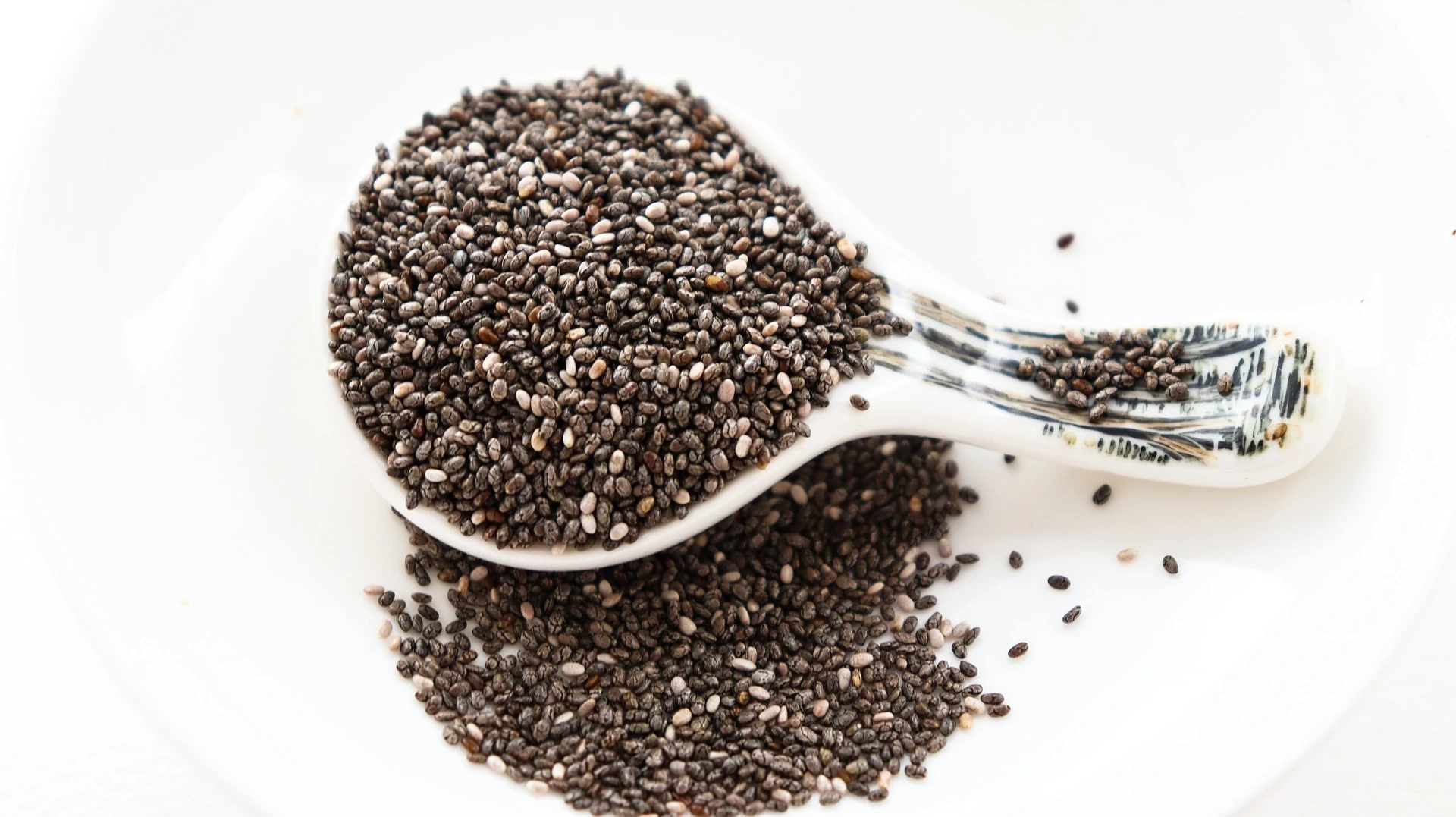Mombasa, Kenya: The date of 8th December, 2020 marks a momentous milestone in the digital transformation of agriculture in Kenya. In pursuit of the country’s Vision 2030 on economic progress, Kenya Plant Health Inspectorate Service (KEPHIS) officially launched the Seed Certification & Plant Variety Protection portal. As tech implementation partners, CSM Technologies is proud to be associated with this project that completely digitizes the procedures for seed certification outlined in the Seeds and Plant Varieties Act (Cap 326) and is compliant with international standards defined by OECD (Organization for Economic Co-operation & ISTA (International Seed Testing Association). A robust ICT enabled mechanism promoting access to high quality seeds (w.r.t. purity, germination capacity & resistance to pest & diseases) paves way for food security, biodiversity & agricultural export growth in Kenya.

Prior to this digitization, manual oversight of seed certification processes introduced multiple inefficiencies in administrative costs, quality of service delivery, and traceability of certified seeds. Also all processes of seed certification, inspection, plant variety protection, export & import weren’t centrally managed or co-ordinated, leading to duplication of effort in many regions. Tracking seeds from production to market & collecting statistics throughout the seed lifecycle across different regions in the country was equally daunting. Such localization of data also limited markets for seeds since stakeholders couldn’t verify seed data beyond their respective borders. Recognizing the implications of digitization on promoting trade in the seed sector, Trademark East Africa came forward to support KEPHIS in funding the automation of seed certification.
CSM Technologies collaborated with its consortium partner ESS Africa Limited to consult various stakeholders such as the ministry of agriculture, management of KEPHIS & TMEA, seed growers, merchants & stockists, research scientists & seed trader associations before embarking on the automation. Through multiple sessions on change management, sensitization & training programmes, we have been able to on-board almost two thirds of all seed companies (since our pilot in May 2020) and are targeting completion before system go-live in Jan 2021.
This automation is expected to bring a significant reduction in transactional costs and increase in revenues generated from seed certification & plant variety protection activities. The enhanced compliance & efficiency achieved in the certification processes shall reflect positively on the congeniality of seed industry environment. Considering the importance of a thriving seed sector in promoting inclusive growth in agricultural economies, Kenya’s bold move of automation is worth emulation.

















































We will verify and publish your comment soon.